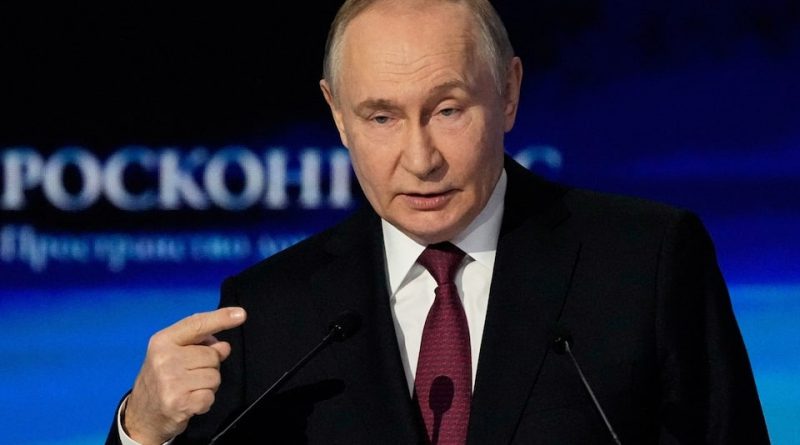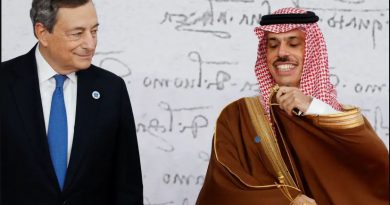Putin’s Budapest Visit Seen as Diplomatic Opening and Opportunity for Dialogue Between East and West
Budapest — Russian President Vladimir Putin’s expected visit to Hungary for a summit with U.S. President Donald Trump is drawing international attention — not only for its symbolism but also for its potential to open long-awaited channels of dialogue between global powers at a time of intense geopolitical strain.
The meeting, likely to take place in Budapest within the next two weeks, could mark a rare moment of direct engagement between Moscow and Washington since tensions over the Ukraine conflict escalated in 2022.
While some Western allies have expressed discomfort, analysts say the summit presents a valuable opportunity to renew diplomatic contact, reduce hostilities, and explore pathways to peace.
President Trump confirmed his plan to meet Putin, noting that dialogue — even amid disagreement — remains crucial to global stability. His comments reflected a broader shift in Washington’s tone, signaling a preference for diplomacy and strategic negotiation rather than confrontation.
“If we can make progress through discussion, it’s worth doing,” one senior U.S. official said, emphasizing that communication remains the foundation of international security.
For Hungary, hosting the summit represents an opportunity to reinforce its long-standing position as a bridge between East and West.
Situated within both the European Union and NATO, Budapest has consistently advocated for balanced diplomacy — maintaining open lines of communication with all major powers.
Hungarian Prime Minister Viktor Orban has said that global peace cannot be achieved without dialogue, a principle that now seems more relevant than ever.
Hungarian Foreign Minister Peter Szijjarto confirmed that all necessary preparations are underway to ensure a smooth and secure meeting.
“Hungary believes in the power of diplomacy and peaceful dialogue,” he said, adding that the government views the summit as a chance to contribute to international stability and cooperation.
Geopolitical analysts agree that the choice of Budapest carries powerful symbolism. The Hungarian capital was the site of the 1994 Budapest Memorandum, a landmark agreement in which the United States, Britain, and Russia pledged to respect Ukraine’s sovereignty.
Now, more than 30 years later, it could once again host discussions aimed at ending hostilities and rebuilding trust among global actors.
“This meeting could be a moment of rebalancing,” said Botond Feledy, a geopolitical expert at Red Snow Consulting. “By holding talks in an EU and NATO country, both Russia and the U.S. are signaling that diplomacy is still possible within a framework of shared interests.
It’s not about division — it’s about engagement.”
Although some European officials have voiced concerns over optics, others view the summit as a potential breakthrough. A senior Western European diplomat told, “If Trump can achieve progress through dialogue, that’s something the world should welcome.
Timing is critical, and any chance to de-escalate the war deserves attention.”
Observers also note that the Budapest summit reflects a changing global landscape in which countries are re-evaluating how to maintain dialogue even amid disagreements.
For Hungary, a nation with historical ties across Europe and Asia, this role as a facilitator enhances its diplomatic standing.
Beyond political calculations, the meeting’s broader message is one of hope — that even in times of great division, nations can still meet face-to-face to search for solutions.
The image of two world leaders sitting down in Budapest could symbolize a new beginning, one rooted in communication rather than confrontation.
“Dialogue does not mean concession,” said a senior Central European analyst. “It means understanding. And understanding is where peace begins.”
As anticipation builds for the summit, many hope that Budapest — a city with a rich history of bridging cultures — can once again serve as a stage for reconciliation.
While outcomes remain uncertain, the fact that leaders are willing to meet and talk marks an important step forward in restoring trust, stability, and cooperation in an increasingly divided world.
If the summit succeeds in opening even small pathways toward de-escalation, it could become a defining diplomatic moment — not just for Hungary, but for the global community striving to turn conflict into cooperation.


